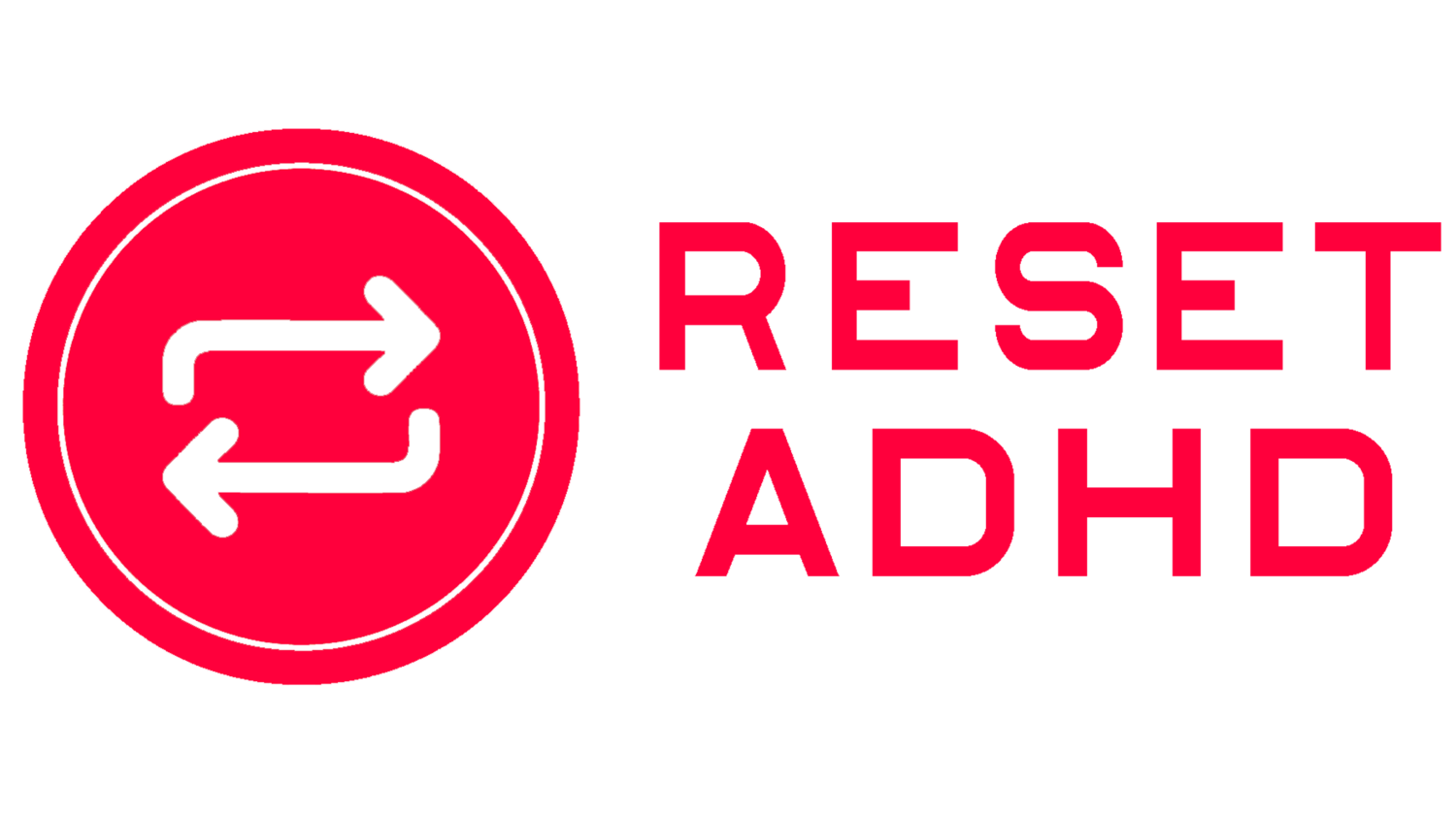How I Write Books with ADHD
I have written several books despite having ADHD. It is definitely possible to do so, and I hope any budding writers out there believe in themselves enough to do so as well. What I would like to share in this blog post is just a few things I do to help me write books.
Telling Others I’m Writing a Book
Simply telling others that I am writing a book helps me stay motivated. People will ask about the book if they know you are working on one. Knowing that other people know I am writing a book keeps me inspired.
Writing a SFD
One of the best pieces of writing advice I have ever received is: “First drafts don’t need to be good; they just need to be written.” This is freeing. Knowing that I can write what writer Anne Lamott calls a “shitty first draft” allows me to focus more on getting words on the page without worry about if it is good enough. I can always go back and edit later. What I tell myself is just to write a first draft. No one sees the first draft, so it can be a terrible one.
Progressive Word Quotas
Back in the day when I was a freelance writer, I gave myself a daily word quota. I would sit and write until I hit a certain word count. Once I hit my quota, I could stop for the day and relax. I could keep going if I was on a roll, but I was free to stop once I hit my quota.
In the early days of a project, I would pick a low, achievable number. As I got good at hitting that number, I would increase my word quota. By the end of a project, I would be writing 2,000 words per day. This helped me keep a steady pace with my projects.
However, now I am a business owner/ADHD coach and have other responsibilities other than just writing, so I don’t really use quotas anymore. But, if you have the time to write every day and have an idea for a book, give yourself a quota and get writing!
Beta Readers
I usually have other people read my books before I publish them. I get feedback on what works and what does not work. This helps me through the editing process. Most of the time, their comments inspire me to keep going with the project, as opposed to bringing me down.
The tricky part is choosing the right beta readers. You need someone who is genuinely supportive, but blunt enough to tell you what you need to hear. (FYI, your beta readers deserve a free copy of your published work when it is finished.)
Don’t Reinvent the Wheel
Yes, writing is a creative work, but there are aspects of it where you can recycle stuff. If writing a non-fiction work, quoting someone else can easily add to your word count. There is no need to say it differently. Just be sure to cite your source. However, if you quote yourself, there is no need to cite your source. For example, I am currently working on three books. How am I staying sane with that large of a project? I am recycling stuff I have already written. I am taking some of my favorite posts from this blog and turning them into three books.
Size Doesn’t Matter
Write what you need to write. Do not worry about meeting industry standard word counts. Unless you absolutely have your heart set on a publisher with certain requirements, there is no reason to drive yourself crazy trying to hit a certain word count. I keep my books and blogs on ADHD short because I know my readers can get overwhelmed by something large. Certain works need to be longer to be complete, but I am concise and can say what I need to say quickly. I embrace being pithy.
KDP
Amazon has a great self-publishing platform. Kindle Direct Publishing is my go-to method for getting my works published. No, I do not get the notoriety of having a prominent publisher promoting my work, but I just want my books out there, so I self-publish my works. I do not write books for a living, so I do not worry about the lack of marketing. Heck, even with a big-name publisher behind a book, there is no guarantee it will sell well. I just put my books out on Amazon and hope for the best. Yes, I do need to do a better job of marketing my books, but that is a different conversation than getting them published.
